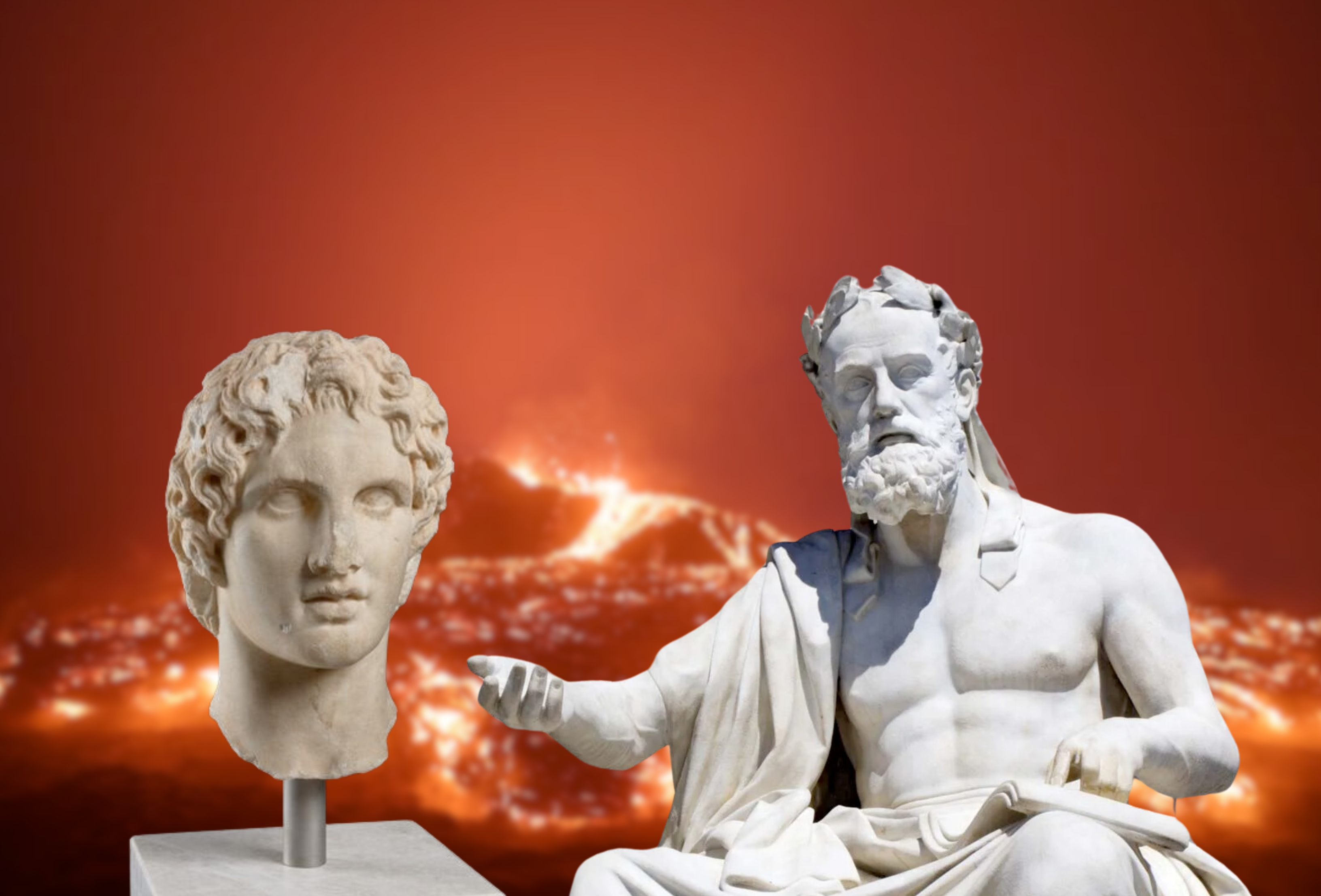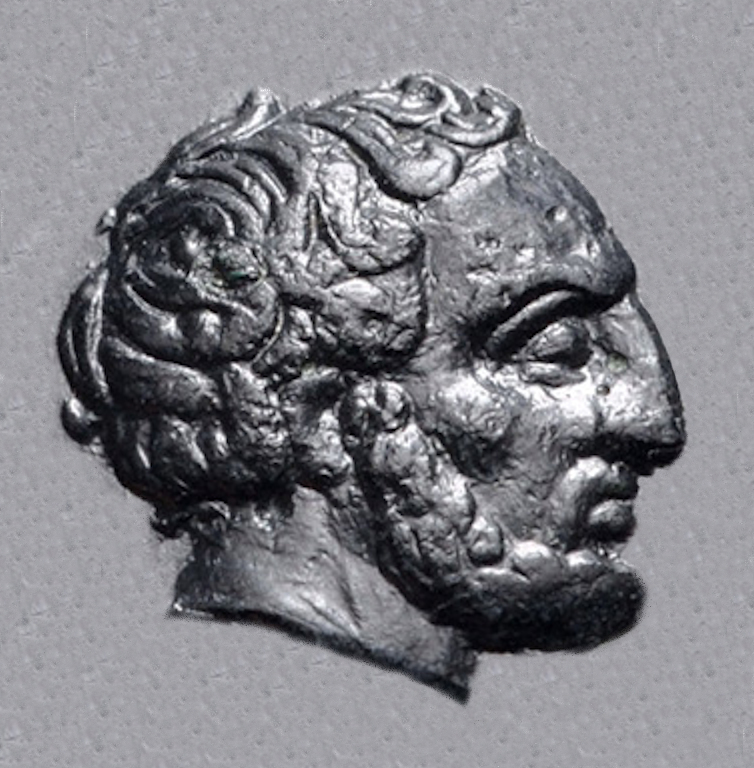crisis
10 Lessons That Inspired Alexander The Great, Part 6
March 2024

crisis
10 Lessons That Inspired Alexander The Great, Part 6
March 2024
Alexander The Great set into motion the events that would create the modern world. He studied and was inspired by Xenophon, a student-of-Socrates turned mercenary. Xenophon’s lessons on crisis leadership are timeless. In this series, we recount his epic, true story of war in the Anabasis and update this ancient wisdom to support you and your business the next time crisis hits.
STORY RECAP: Cyrus the Younger hires Greek mercenaries, The Ten Thousand, to kill his brother Artaxerxes II and seize the throne of the Persian Empire. Cyrus lies to The Ten Thousand about the purpose of their mission, excusing it as a law-keeping exercise against barbarians. When The Ten Thousand grow suspicious of the mission, they rebel. Their general Clearchus convinces them to trust Cyrus and continue with the mission. The Greeks are embroiled with in-fighting when Cyrus negotiates a shaky truce.
Artaxerxes and his army surprise Cyrus and the Greeks with an attack. The Greeks fend of the Persians. Stuck in tunnel vision, Cyrus attacks his brother and is killed. Xenophon pauses to honor and memorialize Cyrus’ good qualities as a leader.
--
What is the biggest problem in crisis?
Fear.
Fear is like a virus, rippling out across people in difficult times.
Fear traps us in survival mode where we make short-term decision after short-term decision. Each one leading us to the next crisis.
Fear warps how we think, from overly conservative to overly aggressive.
Fear wears down our bodies and immune system until we are sick.
Fear puts us in “selfish mode” where we are unable to cooperate or coordinate.
In short, this “emotional contagion” severely limits good decision making! And good decision making is a vital resource in getting out of crisis.
--
Once Cyrus was dead, the Greeks were in an impossible situation.
They were led to Babylon on false pretenses and tricked into war with the Persian King, Artaxerxes.
Now, they were stuck 2,000 kilometers from home, deep in the Persian Empire, surrounded by enemy forces.
Yikes.
Night descended. The first sleep after the battle.
Xenophon writes, that night “a panic seized them, and there was a noise and clatter, hardly to be explained except by the visitation of some sudden terror.” The entire Greek army erupts in chaos.
Clearchus, thinking quickly, begins yelling for silence. He proclaims: whoever gives information on what soldier let a donkey into camp will receive silver as reward.
The soldiers realize their fears are unfounded and that a donkey likely caused the disturbance. They had let their fear get the best of them and create a ‘monster in the night’. Upon hearing this the soldiers calm down, feel safe for the night, and sleep.
The following day, Clearchus orders the soldiers to march. They will try to leave Babylon as quickly as possible.
The army soon reaches the Tigris river. A bridge connects one bank to the other.
As the Greeks stop to assess their position, a messenger appears.
The messenger declares himself a friend and cautions the Greeks that a Persian army is nearby. He instructs them to occupy and position themselves on the bridge. He says that Tissaphernes, working for Artaterxes, is planning to destroy the bridge in the night so as to stop the Greeks from retreating.

Clearchus and the other generals are “disturbed” and “alarmed” by this news. Fear starts to seep in. What decision will they make?
A young junior officer speaks up: if the Persians are meant to take the bridge, then surely, they must attack the Greeks first. If the Persians defeat the Greeks, then there is no sense in destroying the bridge. If the Greeks win, the bridge is the least of the Persian’s concern.
At that moment, Clearchus realizes the game. The messenger is a spy! The Persians are afraid the Greeks will use the bridge and then destroy it, limiting the Persian’s ability to follow them to the other bank.
The Greeks posted guards on the bridge for the night and slept where they were. The next day they began crossing their army over the bridge. “Friendly” messengers kept relaying messages that Tissaphernes was going to imminently attack during the bridge crossing. All these stories were false.
--
The Greeks and their leaders struggled with fear.
Fear threatened to cloud their judgment. And with poor judgment they would make mistakes that could lead to their death.
As crisis unfolds, we must contain the emotional contagion.
“The only thing to fear is fear itself.”
This starts with leadership: leaders must take time to process and regulate their emotions. From a place of calm, they can support their people to find some semblance of stability.
In crisis, we jump to practical considerations. But if we only focus on the logistical at the expense of the human, we will miss the opportunity to make better, longer-term decisions.

